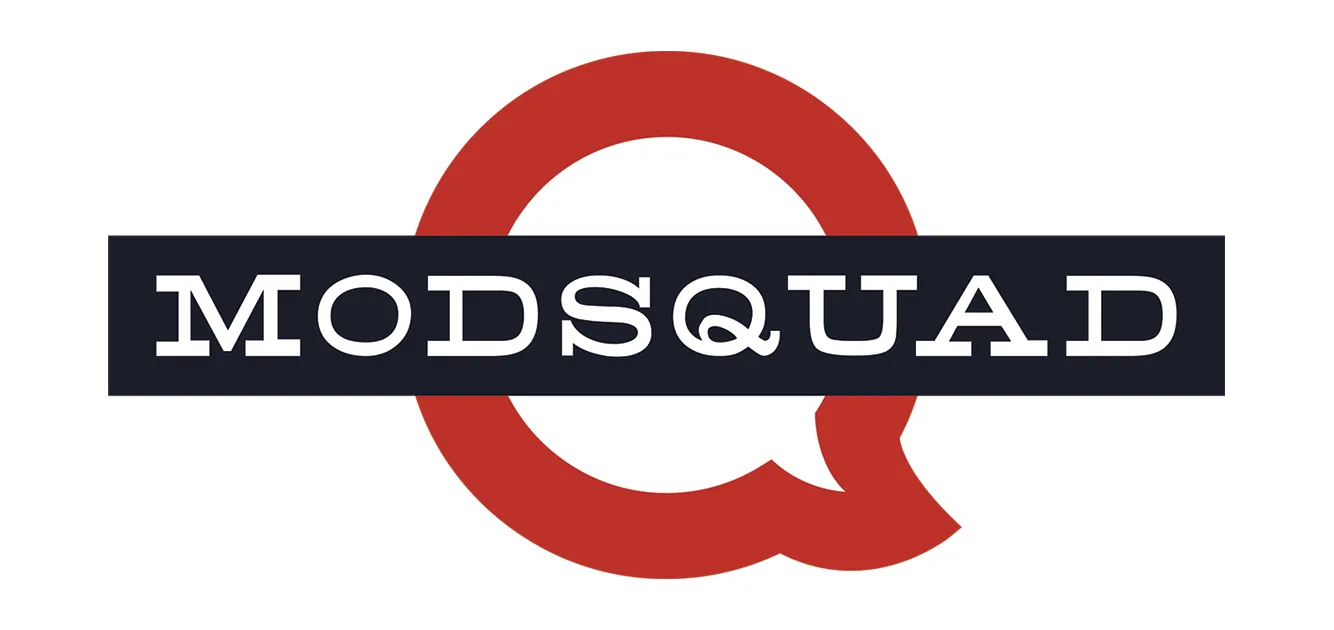
Playing the Zero Sum Game
By Sanya Weathers
People on the internet often mistakenly believe that interactions with a community manager are types of zero sum situations – if one person gets X, it means less of X for someone else. Don’t get caught up in the drama. Three situations:
The situation: Ten people will ask the same question slightly differently. You will choose the clearest, best spelled version to answer. Instead of satisfying all ten people, you will have nine people upset that you did not answer their version.
The complication: Don’t bother explaining that you did answer the question and their minute variation on the question in no way affected the answer. For one thing, you might be wrong. Their variation may indeed matter quite a bit, whether we’re talking about an operating system, a type of user account, or an element of game design.
For another thing, it doesn’t matter. Your customer feels that your attention to someone else’s variation meant you didn’t pay attention to his, and if the internet is a zero sum game, he lost.
For the win: This is not a zero sum situation. Repeat the customer’s comment in the form of a question. Is he asking if X changes the answer? This will prove you are listening, and not simply cut and pasting an earlier response.
The situation: One of your fan sites got a big package of stuff from you – site content, exclusive images, even T-shirts. Another of your fan sites had a Q&A with you and was pretty happy about it, until he saw what the other fan site got. Now they’re upset. In the zero sum game, the fact that the other site got some goodies meant fewer goodies for everyone else, right?
The complication: The angry site people aren’t entirely wrong about why they weren’t at the head of the line. The site that got all the stuff is much bigger/more influential.
For the win: This isn’t a zero sum sitation. Exclusives and content are infinite. They’re like diamonds – people only think these things are rare because of clever marketing, not because of scarcity. Set up a meeting with the site, and ask them what kind of exclusive content they’d like to have. Follow up.
Also, if you work for a company that other PR/marketing resources, consider handing over the larger site and focusing on the smaller ones. Your job is to nurture relationships, and these small sites do grow much larger – and they don’t forget who their friends were.
The situation: You’re doing press demos at a convention. You’re booked solid, back to back sessions, for four days. A handful of people wander up, looking like starving orphans pressing their noses against a bakery window. They just want five minutes with you. You recognize their handles – they are major community evangelists. But your only spare five minutes is your bathroom break.
The complication: Time allocation is the only true zero sum game around. If you’re spending time on one thing, you’re not spending that time elsewhere. You also can’t make time.
For the win: Let them buy you (one) drink at a hotel bar near the convention center. Sit on the floor of that hotel bar and do the demo on your laptop for them. No, it won’t be fancy, no, there won’t be any supporting documentation or swag and you’ll need to watch your mouth because you’ll be so punchy as to be borderline incoherent.
But they’ll never forget that you took time away from yourself – time you deserved – and gave it to them. No matter what else happened, they’ll remember you, and they’ll remember the product. In an age of transient tweets and shallow interaction, it’ll be the most valuable thing you did all day.

